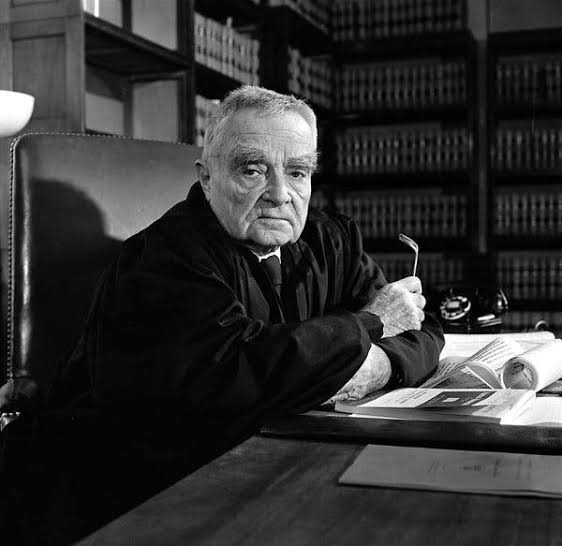The core rule
Cohan v. Commissioner, 39 F.2d 540 (2d Cir. 1930), lets courts approximate a deduction if the taxpayer proves an expense occurred but lacks full documentation. The Tax Court often applies a “reasonable approximation” approach (Vanicek v. Commissioner, 85 T.C. 731 (1985)), but only when some credible evidence exists.
Where Cohan does not apply (strict substantiation)
- Travel, meals, lodging, entertainment, and gifts subject to IRC §274(d) and Treas. Reg. §1.274-5.
- “Listed property” (e.g., passenger autos) under §280F and related §274(d) rules.
- These require receipts, dates, amounts, business purpose, and, for vehicles, mileage logs—no estimates allowed.
- See IRS Pub. 463 (Travel, Gift, and Car Expenses) and Pub. 535 (Business Expenses) for the strict record requirements.
What auditors typically look for
- Baseline proof:Bank/credit card statements, invoices, logs, or calendars that show an expense actually happened.
- Business purpose:Notes tying the expense to income production; vague “business” labels are often disallowed.
- Plausibility & consistency:Totals must align with the type and size of the business; outlier amounts draw scrutiny.
- Category limits:If §274(d) applies and you lack strict proof, agents will typically disallow rather than estimate.
Practical thresholds (how agents decide)
There is no official dollar “threshold” that guarantees allowance. In practice, agents may allow reasonable estimates for non-§274(d) expenses when:
- You provide some contemporaneous evidence (e.g., statements + business calendar) to show the expense occurred.
- The amounts are consistent with industry norms and prior-year patterns.
- You separate personal vs. business portions (e.g., allocate mixed-use costs).
If you provide no support, or the expense is in a strict-substantiation category, the common outcome is full disallowance.
How to strengthen your position
- Keep receipts (paper or digital), statements, mileage logs, and brief purpose notes.
- For vehicles: maintain mileage logs; without them, §274(d) generally blocks estimates.
- Rebuild records early: get vendor duplicates, calendar entries, emails, and affidavits to demonstrate the expense occurred.
- Track capital vs. current expenses and asset basis to support depreciation.
Key takeaway:Cohan is a safety net, not a strategy. For §274(d) items, strict records are mandatory; for everything else, give auditors enough credible evidence to make a reasonable allowance.
References
- Cohan v. Commissioner, 39 F.2d 540 (2d Cir. 1930).
- Vanicek v. Commissioner, 85 T.C. 731 (1985) (reasonable approximation standard).
- IRC §§ 162, 274(d), 280F; Treas. Reg. §1.274-5.
- IRS Publication 463 (Travel, Gift, and Car Expenses); IRS Publication 535 (Business Expenses).

